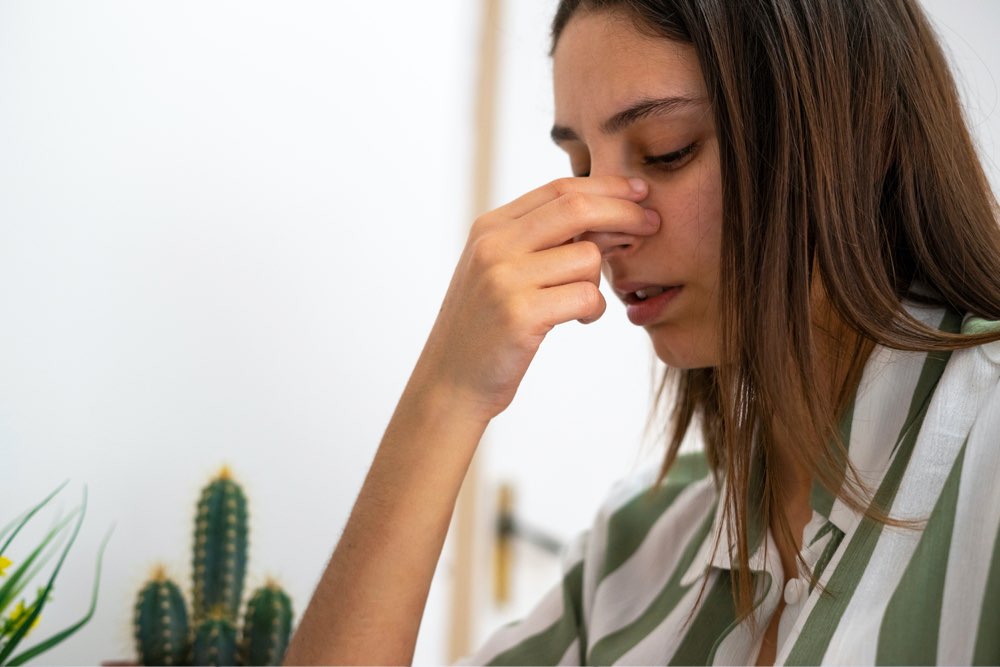Understanding Nasal Polyps: Causes, Symptoms, and Treatment Approaches
Nasal polyps are benign growths caused by chronic inflammation that block nasal passages and impair breathing. Common symptoms include congestion, reduced smell, and facial pressure. Treatment ranges from medications like corticosteroids to surgical removal for severe cases. Early diagnosis and management can significantly improve quality of life. This article provides insights into the causes, symptoms, and treatment options available for nasal polyps, assisting patients in understanding the condition better and seeking appropriate care.
Sponsored

Nasal polyps are benign tissue growths that develop within the nasal passages and sinuses. These teardrop-shaped protrusions can obstruct airflow and often hang from the nasal lining. Chronic irritation and persistent inflammation of the sinus cavities are common factors contributing to polyp formation, although precise causes remain uncertain. Typically, these growths are manageable through medication, but in some cases, surgical intervention may be necessary for long-term relief. Here's a comprehensive overview of nasal polyps, their signs, and treatment options.
What leads to nasal polyp development?
Chronic inflammation, especially in cases of long-lasting rhinosinusitis lasting over 12 weeks, is a key contributor. Additionally, immune system irregularities and mucus membrane issues can promote polyp growth. However, the exact cause is still not fully understood.
Recognizable symptoms of nasal polyps include:
Breathing difficulty and a diminished sense of smell, often accompanied by nasal congestion and facial pressure.
Persistent nasal stuffiness may lead to increased mucus drainage down the throat, known as postnasal drip.
Heavy mouth breathing, potential sleep disturbances such as sleep apnea, headaches, facial discomfort, and eye itching are also common signs, especially if infection is involved.
Available treatments for nasal polyps include:
Medications such as nasal corticosteroids, antihistamines, and decongestants help reduce inflammation and size of polyps. These options ease congestion, improve airflow, and alleviate symptoms. For persistent and large polyps, endoscopic surgical removal is often recommended. The procedure involves physically extracting the growths to restore normal nasal drainage and breathing function.






